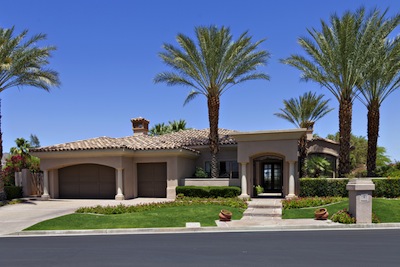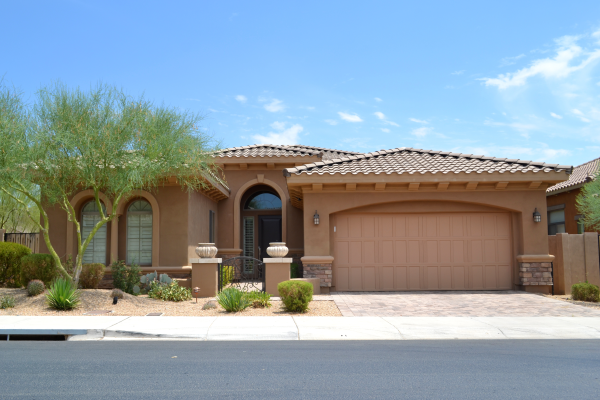The finding and use of hard money financing may or may not be known or seen as a viable alternative to the average real estate investor, but it is a legitimate funding source that is eschewed by traditional lending sources because it cuts into their own profits. In fact, “hard money” is used all over the country to get deals done that would otherwise never be consummated. Here are three tips to get the most out of this resource:
The concept of hard money has a lot of implications. In the current market, dominated by "financial" as opposed to "real" values, your worthiness as a debtor is decided by your ability to repay the loan, rather than the value of the asset associated with the loan itself. When searching for a hard money loan, however, you are looking for money that is not guaranteed or backed by a government. Rather, you are looking for a loan based to a great extent on the value of the asset that is placed in collateral, and the market skills of the transaction participants.
While hard money financing may seem like a daunting task to the uninitiated, it actually has quite a bit in common with more standard real estate deals that involve a mortgage and traditional lending institutions. Here are the three main steps to financing with hard money:
Hard money and private money are frequently used interchangeably as a way to refer to alternate financing for real estate purchases. However, they aren't always the same. Some private money gets made on loans that look and act like traditional financing, while a hard money definition should include non-private funds.
If you're doing the kind of real estate investments that traditional lenders don't touch, you eventually have to decide between hard money vs. cash. Investing with cash is simple and inexpensive, but it limits your returns and your scope while also increasing your risk. If any of these situations apply to you, you should consider taking the hard money side of the hard money vs. cash debate.
Distressed and vacant properties frequently provide the best return on investment relative to other, more stabilized, properties. Instead of making your money through slowly increasing rents and net operating incomes, you earn profit by buying at a good price, rehabilitating it and selling it at a higher price. Leverage, like that provided by hard money loans, increases your returns and makes these potentially lucrative investments even more valuable.

















